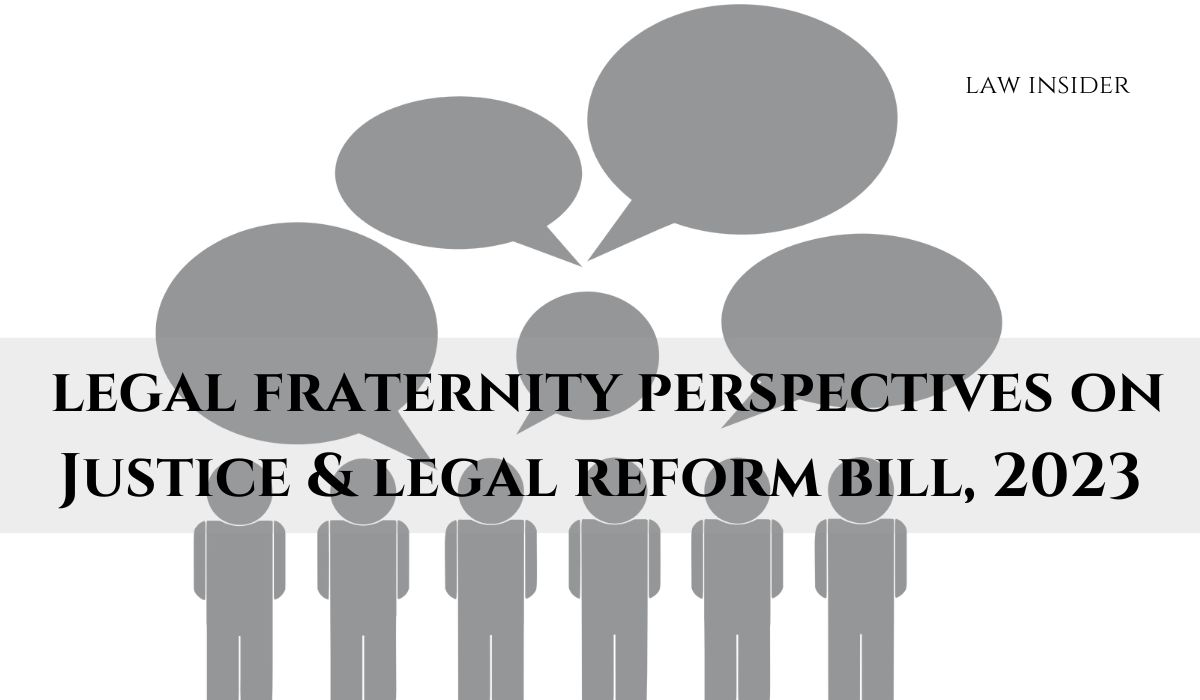LI Network
Published on: 13 August 2023 at 00:17 IST
Three legislation were introduced in the Lok Sabha, aimed at replacing the existing Indian Penal Code, Code of Criminal Procedure, and Indian Evidence Act.
The proposed transformation involves the replacement of the Indian Penal Code, 1860, with the Bharatiya Nyaya Sanhita, 2023.
Additionally, the Criminal Procedure Code, 1898, will make way for the Bhartiya Nagarik Suraksha Sanhita, 2023,
While the Indian Evidence Act, 1872, will be superseded by the Bharatiya Sakshya, 2023.
Union Home Minister Amit Shah spearheaded the introduction of these three bills, emphasizing their role in safeguarding the rights granted to Indian citizens by the Constitution.
He underlined that their purpose isn’t punitive but rather focused on ensuring justice. He denounced the older laws, which were crafted during the British colonial era, as unjust and punitive, reflecting a legacy of subjugation.
While the government asserts that the new proposed legislations are designed for the welfare of citizens and to genuinely serve justice, there exists a divergence of opinions regarding the comprehensive overhaul, as well as the names and content of the proposed laws.
Notable members of the legal fraternity shared their perspectives on the matter:
Senior Advocate Vivek Sood hailed the bills as revolutionary, establishing an Indianized criminal justice system and moving away from colonial influences.
Senior Advocate Arvind Dattar, however, found the replacement of the entire IPC, CRPC, and Evidence Act unnecessary, as these laws have proven effective over time. He stressed that the focus should be on enhancing the implementation of these laws.
Senior Advocate Sidharth Luthra welcomed the incorporation of corruption, anti-terrorism, and organized crime provisions but cautioned about the potential complexities in reconciling these with existing laws.
Senior Advocate Mohan Katarki raised concerns about the titles of the bills being in Hindi and their potential implications on regional languages and interpretations.
Senior Advocate Dr. Aruna Shyam termed the new legislations as necessary to rectify flaws and inadequacies in the colonial-era laws, adapting them to contemporary societal and technological changes.
Former Judge V Chitambaresh suggested that retaining the existing names could have made it easier for people, especially in the southern regions, to identify the statutes.
Senior Advocate K. Ramakumar considered the new laws a bold move away from colonial legacy, expected to bring clarity to important provisions and align with Indian ethos.
Dr. Adish C. Aggarwala, President of the SCBA, expressed positivity about the changes and their potential to expedite justice delivery.
Senior Advocate Sanjiv Sen believed that the long-overdue overhaul would align the laws with the realities of today and alleviate the burden on the legal system.
Sangita Pradhan, Deputy Solicitor General at the Sikkim High Court, highlighted the amendments’ aim to simplify complex procedures and expedite justice, boosting public faith in the legal system.
AOR Siddharth Sangal acknowledged that the overhaul would pose challenges but acknowledged the necessity of adapting criminal laws to the dynamic times and societal requirements.
In conclusion, the introduction of these bills has sparked a spectrum of viewpoints from legal experts, ranging from enthusiastic support for the overhaul and alignment with modern times to concerns about the proposed changes’ implications and the necessity of a complete replacement of existing laws.
Also read: Reforms in the Indian Judicial System

